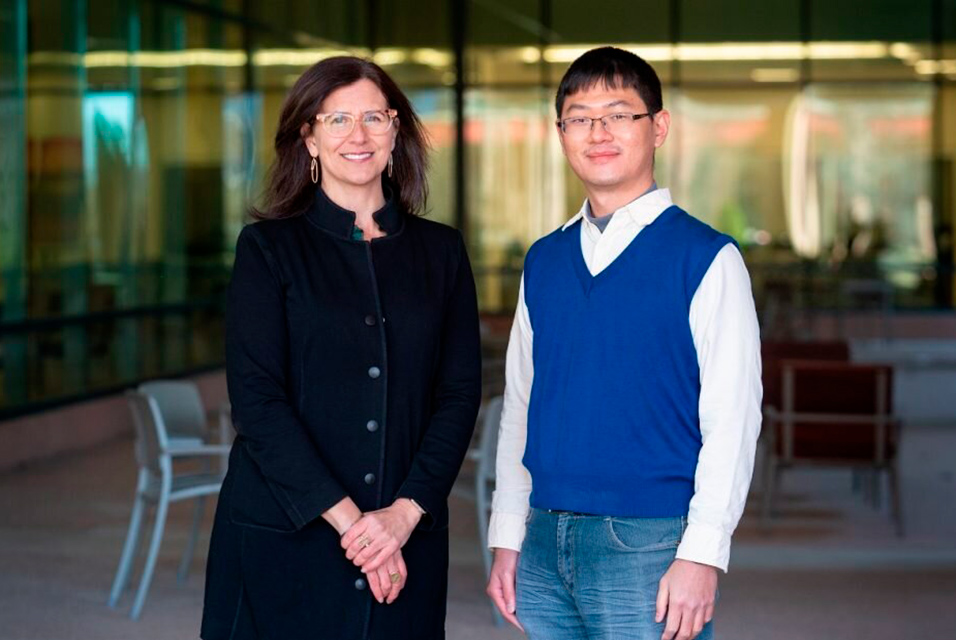MEMPHIS, TN.- Prior infection with coronaviruses that cause the common cold impedes the antibody immune response against SARS-CoV-2, the coronavirus responsible for COVID-19. The results from
St. Jude Children's Research Hospital were published in the journal Cell Host and Microbe.
"The findings highlight an additional factor that contributes to the range of COVID-19 symptoms and their severity," said corresponding author Maureen McGargill, Ph.D., of the St. Jude Department of Immunology.
"The results also support COVID-19 vaccination, which seems to override the downside of prior immunity to common cold coronaviruses," she said.
Similar viruses, different antibodies
The viruses that cause COVID-19 and the common cold belong to the same large family of coronaviruses. By early in life, most people in the world have been infected with all four common cold coronaviruses, including two coronaviruses with features and structures with pronounced similarities to SARS-CoV-2.
"Prior to this study there were conflicting reports of how pre-existing immunity to common cold coronaviruses affected susceptibility to SARS-CoV-2 infection," McGargill said.
To account for individual differences in antibody levels to common cold coronaviruses, researchers measured antibody levels from the same person before and after SARS-CoV-2 infection and vaccination.
The results showed the viruses were similar enough that SARS-CoV-2 infection boosted levels of common cold coronaviruses antibodies, but those antibodies did not neutralize or block SARS-CoV-2 infection.
Investigators showed that high levels of pre-existing antibodies to common cold coronaviruses correlated with higher levels of SARS-CoV-2 antibodies after infection, an indicator of greater disease severity.
Additional findings
• Levels of pre-existing antibodies to common cold coronaviruses varied dramatically from person to person. The same was true following SARS-CoV-2 infection or vaccination.
• Higher baseline levels of betacoronavirus antibodies, or a greater increase of those antibodies following SARS-CoV-2 infection, were associated with increased antibodies to SARS-CoV-2. Elevated antibodies to the pandemic virus were linked to more severe disease as measured by antibody levels.
• Researchers did not find a similar association between baseline common cold coronavirus antibodies and SARS-CoV2 antibodies following COVID-19 vaccination. That suggests vaccines may induce an immune response strong enough to override the antibody production advantage of common cold coronaviruses.
• Investigators reported that production of SARS-CoV-2 neutralizing antibodies were inhibited in SARS-CoV-2-immunized mice that were previously immunized against common cold coronaviruses.









